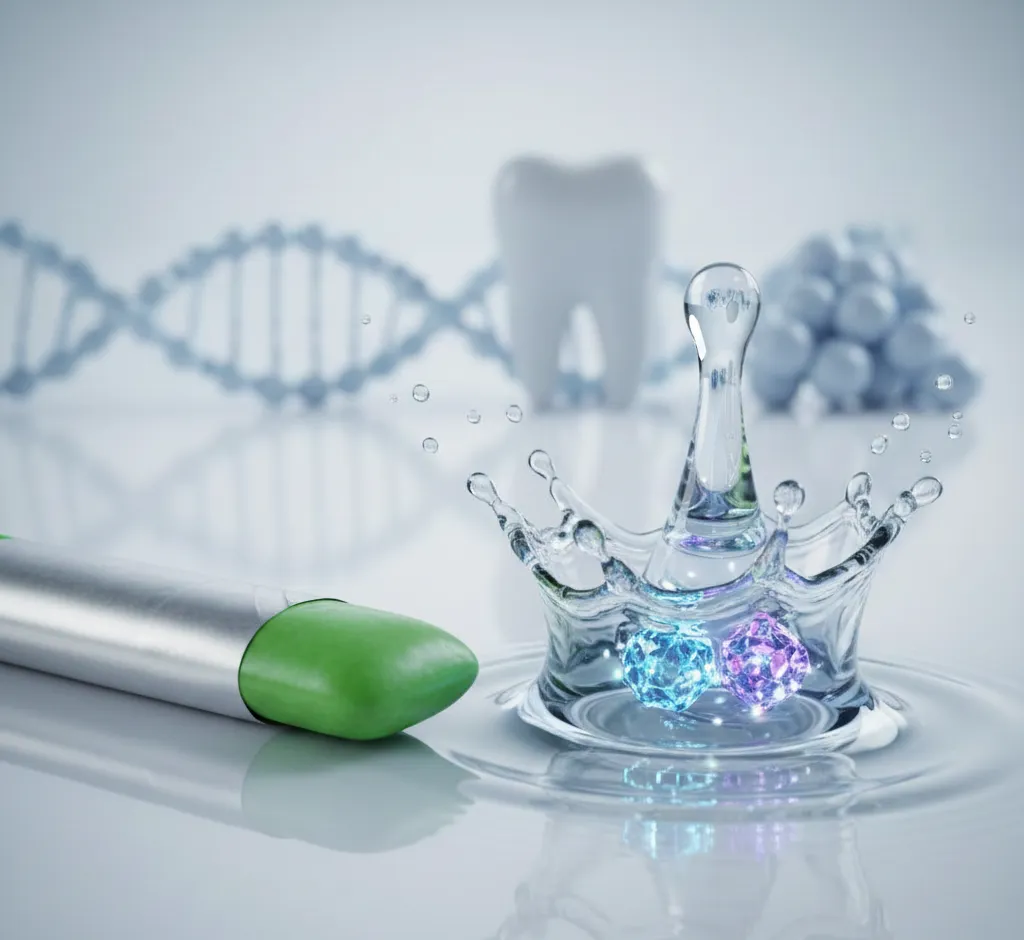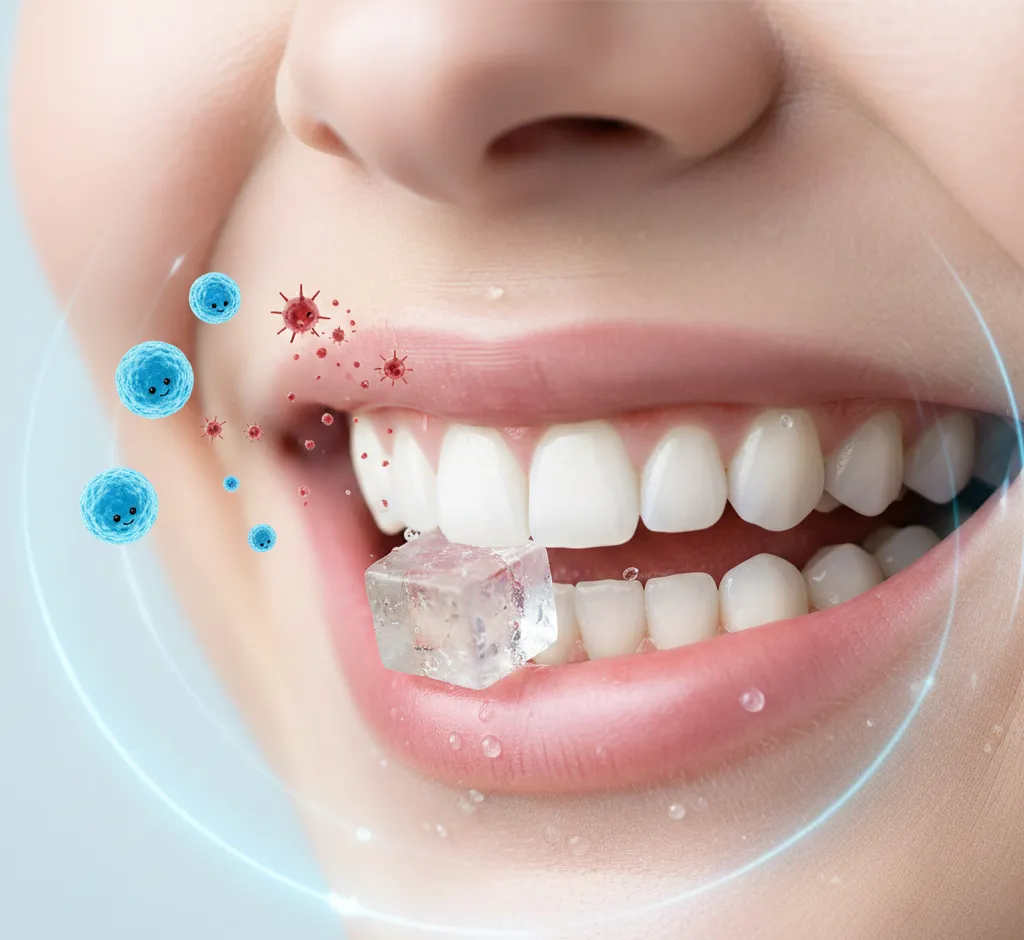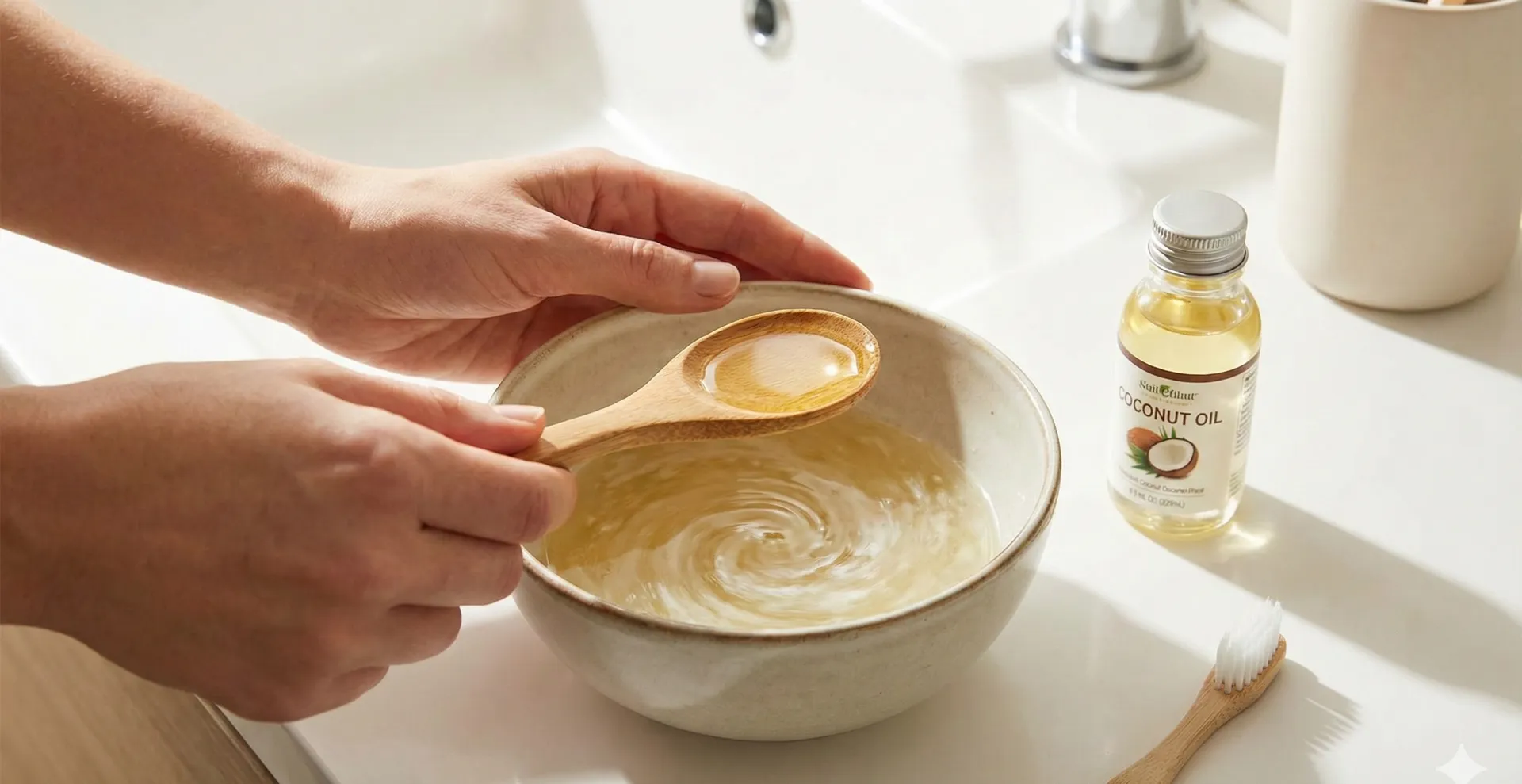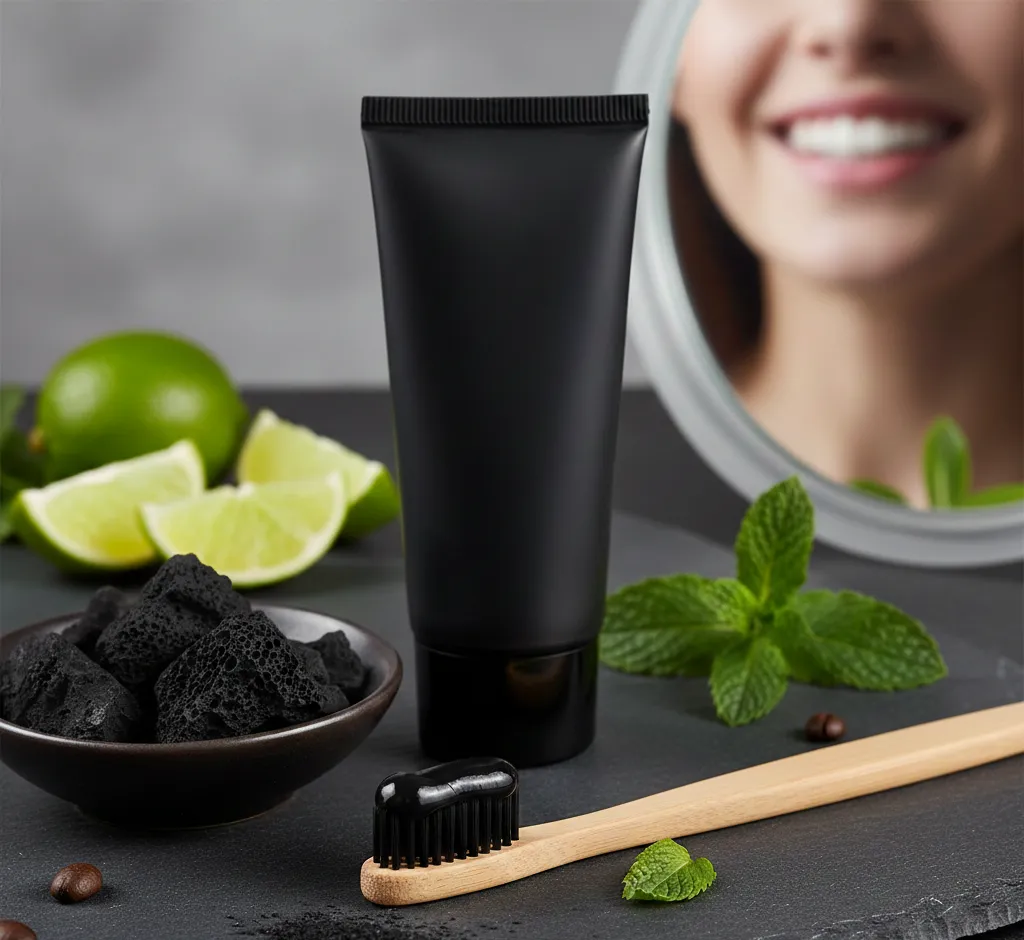The Scientific Benefits of Chewing Gum for Saliva Production and Oral Health
Discover the scientific benefits of chewing gum for dramatically increasing saliva production, neutralizing harmful acids, and promoting remineralization for superior oral health. Learn why sugar-free gum is essential for fighting dry mouth and preventing cavities.

Chewing gum—a seemingly simple, everyday habit—holds a surprising secret to robust oral health. Beyond freshening breath and offering a momentary distraction, the act of mastication dramatically stimulates one of the body's most crucial natural defense mechanisms: **saliva production**.
Saliva, often underestimated, is a complex fluid essential for digestion, speech, and, most importantly, maintaining a healthy balance within the oral cavity. For individuals suffering from **xerostomia** (dry mouth) or those simply looking to boost their dental hygiene, chewing gum, particularly the sugar-free varieties, represents a highly effective, accessible, and enjoyable therapeutic tool.
The Mechanics: How Chewing Stimulates Saliva Flow
The link between chewing and saliva flow is a fundamental physiological response. Our body's salivary glands—the parotid, submandibular, and sublingual glands—are finely tuned to respond to mechanical and gustatory (taste) stimuli.
When you begin chewing gum, two primary mechanisms kick into high gear:
- Mechanical Stimulation (Mastication): The physical movement of the jaw, muscles, and cheek tissues compresses the salivary glands, physically squeezing out pre-formed saliva. This constant motion is a powerful, non-chemical way to initiate flow.
- Gustatory Stimulation (Flavor): The flavors in the gum, especially mint, cinnamon, or fruit acids, trigger sensory receptors on the tongue. These signals are sent to the brainstem, which, in turn, signals the glands to produce saliva that is often richer in defensive components.
Studies have consistently shown that chewing sugar-free gum can increase salivary flow rates by **10 to 12 times** the resting rate. This dramatic increase is the core reason for its powerful therapeutic benefits.
The Pivotal Role of Saliva in Oral Health
To fully appreciate the benefit of increased saliva production, it's necessary to understand the vital functions of saliva itself:
- Acid Neutralization (Buffering): Saliva contains bicarbonate, phosphate, and protein buffers that actively neutralize the acids produced by oral bacteria when they break down food particles. This is crucial for preventing the demineralization of tooth enamel, the first stage of tooth decay.
- Remineralization: Saliva is supersaturated with essential minerals like calcium and phosphate. After an acid attack, these minerals are redeposited back into the enamel structure, a process called remineralization, which helps repair microscopic damage.
- Cleansing and Washing: Increased saliva acts as a constant, natural rinse. It physically washes away food debris, sugars, and the harmful bacteria that cling to teeth and soft tissues.
- Antibacterial and Antifungal Activity: Saliva contains powerful antimicrobial agents such as **lysozyme**, **lactoferrin**, and **immunoglobulin A (IgA)**. These enzymes and antibodies actively fight off pathogens, providing an immune defense for the oral cavity.
Dry Mouth (Xerostomia) Relief
One of the most immediate and impactful benefits of chewing gum is for those suffering from dry mouth, a common side effect of certain medications, systemic diseases, or aging. Chronic dry mouth is not just uncomfortable; it significantly elevates the risk of rampant tooth decay and gum disease because the protective saliva is absent.
Chewing sugar-free gum provides a non-invasive, drug-free solution that offers instant relief by moistening the mouth and helping to manage the associated symptoms, such as difficulty swallowing or speaking.
Choosing the Right Gum: The Sugar-Free Imperative
While the mechanical act of chewing is beneficial, the type of gum is critically important. **Only sugar-free gum should be used for oral health benefits.** Regular, sugar-containing gum feeds the very bacteria you are trying to wash away, counteracting any potential positive effect.
Look for gums sweetened with **xylitol**, an alcohol sugar that carries an additional, unique dental benefit. Unlike standard sugars, xylitol is not fermentable by *Streptococcus mutans*, the primary bacteria responsible for cavities. In fact, studies suggest that xylitol may actively inhibit the growth of these harmful bacteria, making it a highly desirable ingredient.
Summary of Key Benefits Post-Meals
The optimal time to chew gum for dental health is immediately following a meal or snack. The first 20 minutes after eating is when the mouth’s pH drops dramatically and an acid attack begins. Chewing sugar-free gum during this crucial window:
- Quickly elevates the salivary flow rate.
- Significantly accelerates the neutralization of damaging acids.
- Speeds up the clearance of food particles from the mouth.
- Promotes faster remineralization of enamel.
In conclusion, the simple stick of sugar-free chewing gum is a powerful, science-backed tool for enhancing saliva production. By harnessing the body's natural response to mastication, it bolsters oral defenses, helps to neutralize harmful acids, and supports the essential process of remineralization, making it a valuable addition to any daily dental care routine.


